PALO ALTO, Calif.--Mac clone maker Psystar plans to file its answer to Apple's copyright infringement lawsuit Tuesday as well as a countersuit of its own, alleging that Apple engages in anticompetitive business practices. Miami-based Psystar, owned by Rudy Pedraza, will sue Apple under two federal laws designed to discourage monopolies and cartels, the Sherman Antitrust Act and the Clayton Antitrust Act, saying Apple's tying of the Mac OS to Apple-labeled hardware is "an anticompetitive restrain of trade," according to attorney Colby Springer of antitrust specialists Carr & Ferrell. Psystar is requesting that the court find Apple's EULA void, and is asking for unspecified damages.
Springer said his firm has not filed any suits with the Federal Trade Commission or any other government agencies.
The answer and countersuit will be filed Tuesday afternoon in U.S. District Court for Northern California.
Pedraza attended a press conference his lawyers called to present how Psystar will defend its its OpenComputer Mac clone, which has been for sale online since April.
Psystar's attorneys are calling Apple's allegations of Psystar's copyright infringement "misinformed and mischaracterized." Psystar argues that its OpenComputer product is shipped with a fully licensed, unmodified copy of Mac OS X, and that the company has simply "leveraged open source-licensed code including Apple's OS" to enable a PC to run the Mac operating system.
Pedraza says he wants to make Apple's Mac OS "more accessible" by offering it on less expensive hardware than Apple.
"My goal is to provide an alternative, not to free the Mac OS," said Pedraza. "What we want to do is to provide an alternative, an option...It's not that people don't want to use Mac OS, many people are open to the idea, but they're not used to spending an exorbitant amount of money on something that is essentially generic hardware."
Apple will have 30 days to respond to Pystar's counter claim, and so far has declined to comment on the case.
Other legal experts say Psystar faces a tough legal challenge in proving Apple has engaged in antitrust behavior by loading its software on its own hardware and thereby allegedly harming consumers and competitors. Psystar's ability to prevail on the issue of having the latitude to load Apple's OS on its own hardware, given it has a licensing agreement with the company, may prove an easier road to hoe, legal experts note.
A newcomer to the PC scene, Psystar caused a stir when it first went online selling white box Macs earlier this year. The site went down hours after it opened for business because the company was overwhelmed with orders for the OpenComputer, originally called the OpenMac, which was then changed to its current name. And the site went down several more times as its payment-processing company pulled its services from the Psystar site. Psystar managed to stay shrouded in a bit of mystery for a while, until intrepid gadget blog readers joined the press in fleshing out some details about the company.
Psystar eventually got back online with a new payment-processing service, and it continues to take orders for the OpenComputer and OpenPro Computer. When Apple finally did file suit against Psystar in July, it surprised nearly no one--except perhaps Pedraza. He said he had no contact with Apple before legal papers were filed against his company. Customarily, there is some sort of communication between companies before lawsuits are filed.
For now, Pedraza says it will be "business as usual" at company headquarters. Though he said there was a "slight" downward dip in sales once Apple filed its suit, he plans to go ahead with making servers, and soon, a mobile product, which he said will be "like a notebook." But he refused to offer more detail.
More to come...
CNET News' Dawn Kawamoto contributed to this story.
Pretty big news for OSx86 perhaps as an outcome of this we will be fully 'legal' and not in violation of Apple's restrictive EULA. Rudy Pedraza is right on the money when he claims that people are open towards using OS 10, but don't want to pay Apple's ridiculous price premiums on normal (and often out of date) hardware. Personally I'm going to have to side with Psystar on this one as I feel that Apple's current EULA for Mac OS 10 is absurd: You pay $125 for software, and then can only install it on certain machines?
How do you guys think?




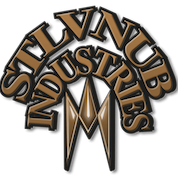
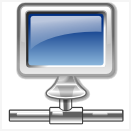
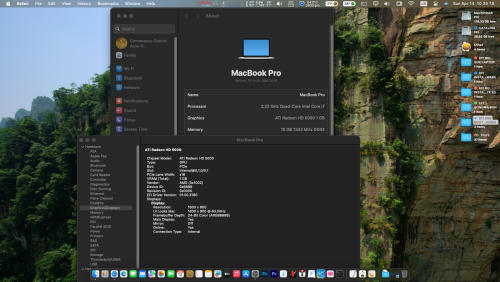
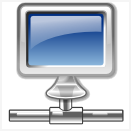
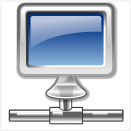
Recommended Comments